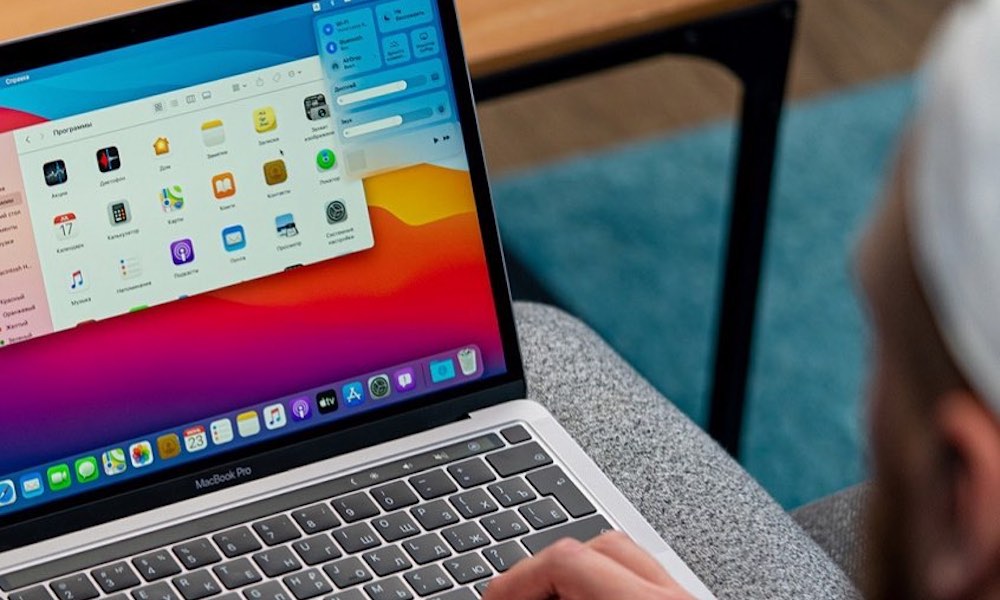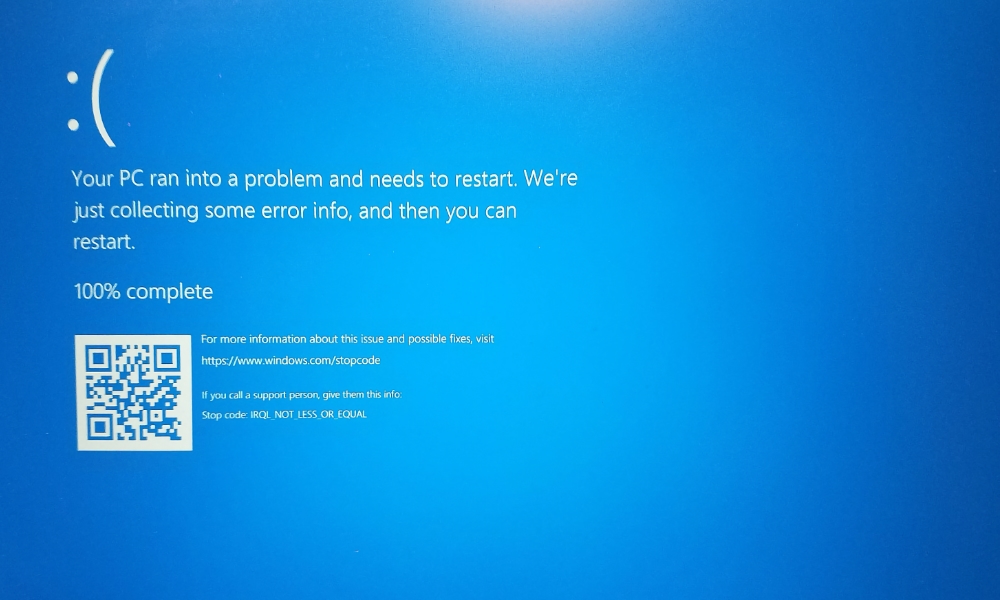Is Your Mac Impacted by the CrowdStrike Global Outage?
 Credit: Onon.su / Instagram
Credit: Onon.su / Instagram
Toggle Dark Mode
Millions of people around the world woke up today to news that airlines, banks, and other big companies were being impacted by a global information technology (IT) outage. While this may have sounded like a sign of the digital apocalypse at first, it turns out the widespread problem is neither the result of a cyberattack nor is it even fatal — merely annoying.
At least that’s the case for thousands of IT workers around the globe, who are now fighting a dodgy security software update that rendered tens of thousands of computers inoperable.
The issue is limited to a specific software app from a firm known as CrowdStrike. However, what makes it such a severe problem is that hundreds of big companies use this software, so the single update has taken down a large swath of companies across industries from aviation to healthcare. That includes banks, airlines, rail networks, retailers, broadcasters, hospitals, and more (although preventing us from getting our morning Starbucks lattes is where it’s really hitting close to home).
It all comes down to whether those companies were running CrowdStrike Falcon, the company’s antivirus software. Even though many companies are impacted, others remain entirely unaffected. Unfortunately, there’s still a cascading effect in some industries. For example, even airlines whose own computers are still fully operational can’t run flights if systems used by airports and air traffic control centers aren’t.
With all the news reports, it’s easy to wonder if you should take extra precautions to prevent your Mac, or even your PC, from falling prey to this outage. However, the good news is that since this problem is exclusive to CrowdStrike Falcon — a software many of us had never heard of until today — you’re probably fine.
Specifically, Windows users won’t be impacted unless they’re running the Falcon software. Mac users won’t be affected at all because, even though Falcon is available for macOS, the update bug only affected Windows hosts.
CrowdStrike CEO George Kurtz issued a statement on X explaining the situation while emphasizing that it’s not a “security incident or cyberattack” and that “Mac and Linux hosts are not impacted.”
While the tweet sounds precisely like the kind of canned PR statement you’d expect from a CEO, it’s also notable that Kurtz took no responsibility for what’s ultimately a mind-bogglingly serious blunder on his company’s part.
Bro just stopped the entire world and probably caused millions in damages and doesn’t even apologize ?— Ameer (@SynthPotato) July 19, 2024
Nevertheless, heads are likely rolling inside CrowdStrike’s offices today — or at least they’d better be.
The issue boils down to this: CrowdStrike released a bad software update that broke half the world.
While isolated problems can happen even with the most rigorous testing, the widespread nature of this one suggests that someone responsible for software engineering or QA at CrowdStrike failed to properly vet an update before it was released to the world. It’s hard to say whether that’s an update that was greenlit without proper testing or if something slipped out that wasn’t officially cleared for release, but either way, the results are the same, and there is zero chance this is not CrowdStrike’s fault.
To make matters worse, Windows PCs that are affected by the update can’t simply receive another patch. That’s because the problem causes the PCs to crash entirely (Blue Screen of Death, or BSOD) and go into a recovery mode where they can’t fetch any more updates. This cycle repeats seemingly ad nauseam, although The Verge reports that virtual machines may fix themselves if you reboot often enough — although it may take up to 15 reboots to get there!

However, that won’t work for standalone PCs. Either way, the “proper” fix requires booting Windows into Safe Mode or the Windows Recovery Environment and tracking down the offending driver in the C:\Windows\System32\drivers\CrowdStrike directory.
Another outage impacted some of Microsoft’s Azure infrastructure earlier this morning, affecting some users of Microsoft 365, Teams, SharePoint, and OneDrive. It’s unclear if that was related, although many have speculated that the timing suggests that some PCs in Microsoft’s data centers may have also been running CrowdStrike Falcon and were affected by the same bug. Of course, Microsoft has a battalion of internal engineering and support staff that can quickly deal with such problems; even the largest companies aren’t necessarily as well equipped, especially when dealing with remote branch offices.








